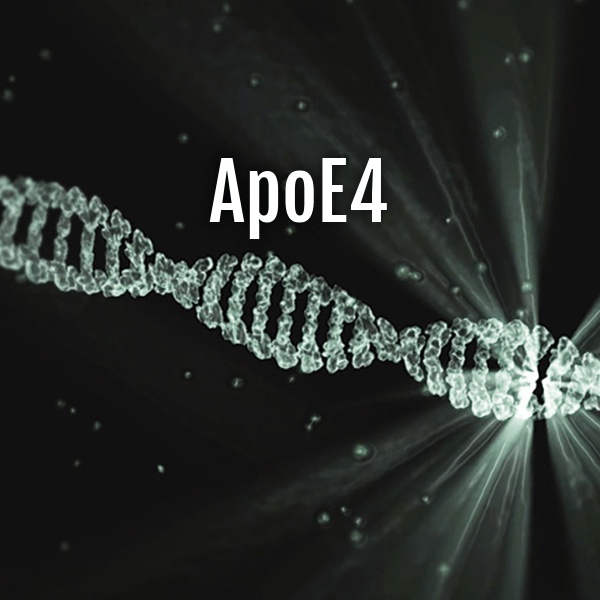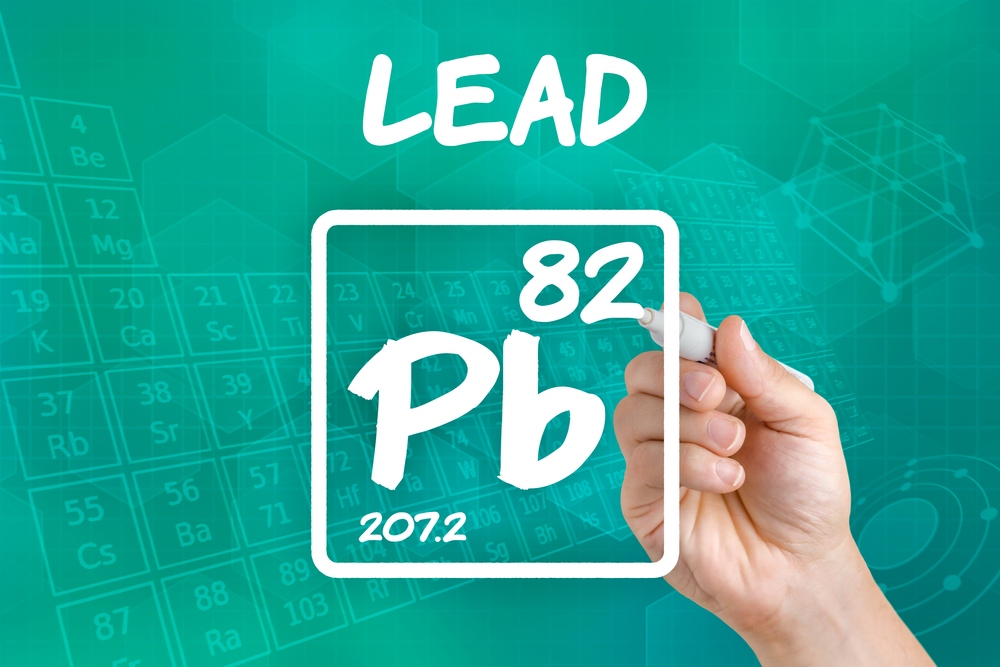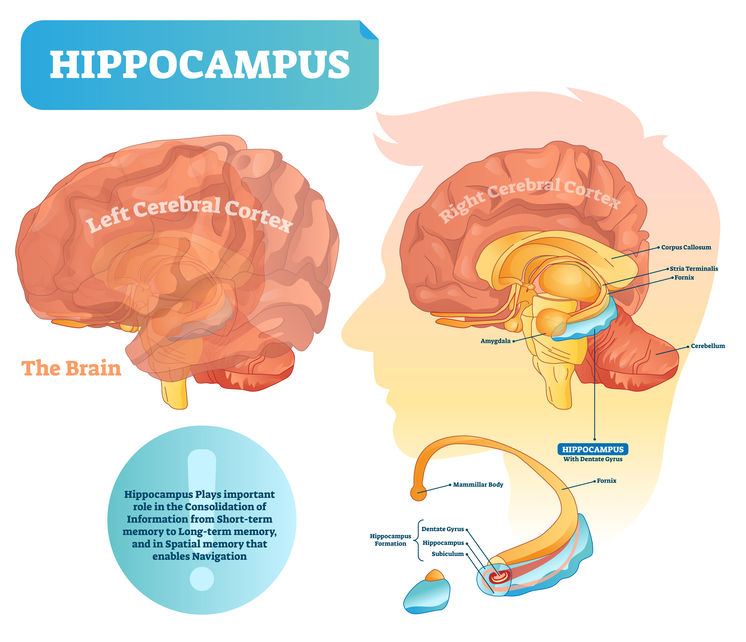


MEMBER ACCESS: Mercury Depletes Glutathione Peroxidase-Toxic Mechanisms In Alzheimer’s Disease Risk

MEMBER ACCESS: The ApoE4 Genetic Variant As A Risk Factor For Late-Onset Alzheimer’s Disease

Can Mercury In Your Amalgams Be Putting You At Risk For Alzheimer’s Disease?
One of the most insidious toxins in our environment is mercury. Mercury is a pervasive toxin that is a staggering environmental problem. It is in our water, food, & air. Without a clear understanding about these routes of exposure and the potential hazard it poses to one’s health, many individuals easily accumulate a mercury body burden over time. Mercury is extremely toxic to brain tissue, and could be a significant risk factor for Alzheimer’s disease in some individuals. (more…)

Lead Exposures And Your Brain—A Link Between Lead and Alzheimer’s Disease Risk?
The region of the brain that is most severely affected in Alzheimer’s disease is the hippocampus.
The hippocampus and adjacent structures (hippocampal formation) in the medial temporal lobe of the brain is responsible for turning information we gather from our experiences and environment into memory and learning retention that can be retrieved from the neural networks they are wired into.

As the hippocampus shrinks from the disease processes associated with Alzheimer’s disease, the ability to make new memories vital to everyday tasks are lost. Information processing and memory retention in the hippocampus is dependent on new brain cells (neurons) growing and establishing new connections.
Recent research now reveals that exposures to lead can alter the normal development of newly born neurons (neurogenesis) in this part of the brain vital to learning and memory formation. For more on neurogenesis, please read my article: “Brain-Derived Neurotrophic Factor—Growth Factors in Neurogenesis and the Protection Against Alzheimer’s Disease Progression“. (1) (more…)





